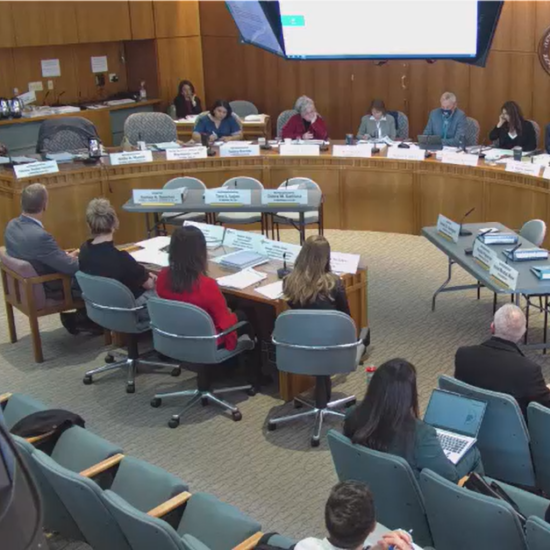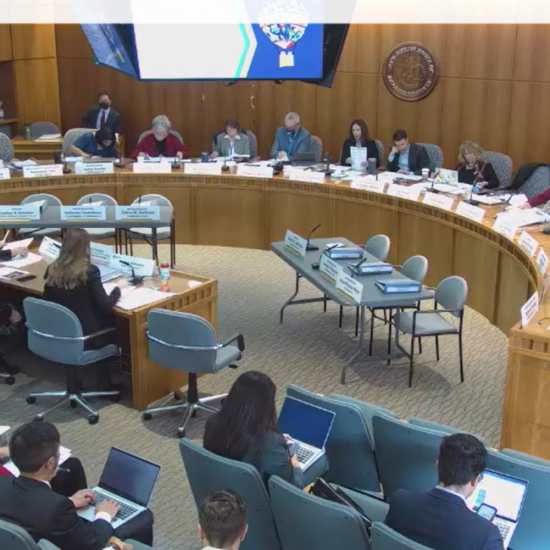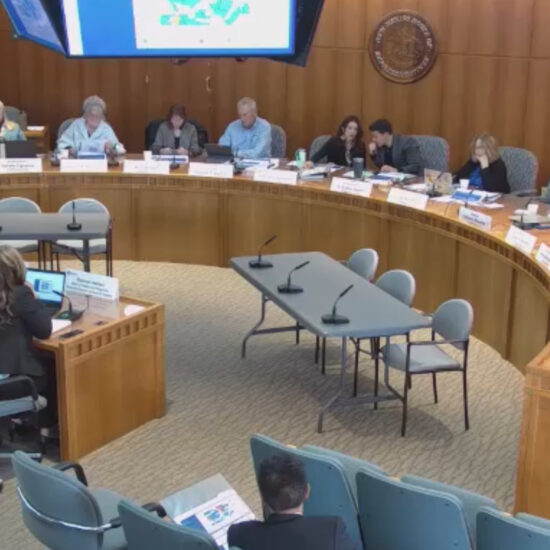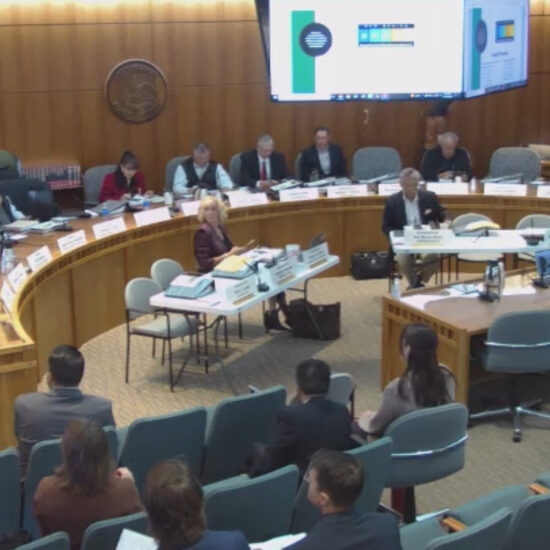
News analysis
After toughening high school graduation requirements in the late days of the Martinez administration, New Mexico is taking preliminary steps toward loosening requirements as soon as next year.
During a recent meeting of the Legislative Education Study Committee (LESC), Public Education Department officials laid out the new, more lax requirements they are preparing for consideration during the 2023 legislative session.
PED Director of College and Career Readiness, Elaine Perea, framed the proposed changes as focused more on demonstrations of competency and less on test score results. “We want as a community to ensure that people have competency. We’re not talking about removing the idea of demonstrating competency, but rather recognizing that demonstrating competency happens in so many different ways,” she said.
“Trying to put that all into a checklist of the things that count as competent is missing perhaps the spirit of what the law was trying to get at, which was that students be competent in something. It’s okay if not everybody’s competent in Algebra Two.”
PED would like to decentralize the determination of competency, and turn much of that authority back to school districts. While local control is a broadly popular concept, in this case it runs the risk of lowering the bar in some places while perhaps raising it in others.
This raises questions about what receiving a high school diploma means in terms of what any given student knows and is capable of doing. There could potentially be enormous variability from one district to another.
It also raises a real risk of creating a “soft bigotry of low expectations,” in which students who come to school carrying more challenges are held to a lower standard than others.
Still, members of the LESC expressed enthusiasm for the draft proposal, detailed in a hearing brief, precisely because it does let different communities set the graduation bar at different heights.
“It puts a lot more responsibility on communities with large numbers of minority students or people of color to put in their own requirements and recommendations,” said State Senator Wilam P. Soules, a Las Cruces Democrat and LESC chair. Soules works as a teacher in the Las Cruces School District.
“I’m very much in favor of reducing our responsibility for specifics and keeping them broad and moving the responsibility to school boards and superintendents for setting up the community expectations,” Soules said.
This approach carries a number of clear risks. Foremost among them is that some districts will graduate large numbers of students who are neither college nor career ready. That is what education leaders in the administration of Governor Susana Martinez were trying to remedy when they adopted more stringent graduation requirements in the summer of 2018.
The Martinez administration requirements technically remain in place but have been stalled by the state testing moratorium put in place during the Covid-19 pandemic. Testing only resumed this past spring after a two-year hiatus.
The PED sent a memo to superintendents and charter school leaders last January updating demonstration of competency and testing requirements.
Under the Martinez graduation requirements, students had to demonstrate competency in mathematics, reading, language arts, writing, science, and social studies Including sections on the U.S. and New Mexico constitutions), by meeting coursework requirements, and scoring above a certain level on state assessments.
Students who did not achieve high enough scores then had the option of demonstrating competency through other means. But rather than leaving these to districts to determine, the state laid them out.
The reason the Martinez-era PED mandated specific alternative demonstrations of competency is that prior to her administration, districts had significant leeway in determining how to demonstrate competency.
Some districts used outdated assessments, college acceptance letters (including those from colleges that enrolled anyone who applied), group work, or non-standardized classroom assessments.
The Martinez regulations required alternative demonstrations of competency to include PED-approved alternative assessments, and competency-based alternatives including industry-recognized certificates, programs of study, dual credit classes, and standards-based portfolios.
The proposed new regulation removes the requirement for standardized assessments to act as a first-line demonstration of competency. Alternative demonstrations of competency could be used in place of tests from the outset.
One challenge with returning the determination of alternative demonstrations of competency to local districts is that some students might think they are on track to gain admittance to a selective college only to learn, too late, that they aren’t academically prepared.
This problem is exacerbated by the fact that high school counselors, particularly in larger high schools, have enormous caseloads and cannot give every student the attention he or she might need.
Perea acknowledged this challenge during the hearing. “My hope is that we actually take some of the burden off of counselors and make it clear for families that you have to have four units of math, for example, if you want to attend (the University of New Mexico).”
But it wasn’t clear from the hearing or in the proposed regulations exactly how PED would make that happen.
Conversations about graduation requirements will continue throughout the interim between legislative sessions. The legislature could be asked to approve new guidelines during its 2023 session.







